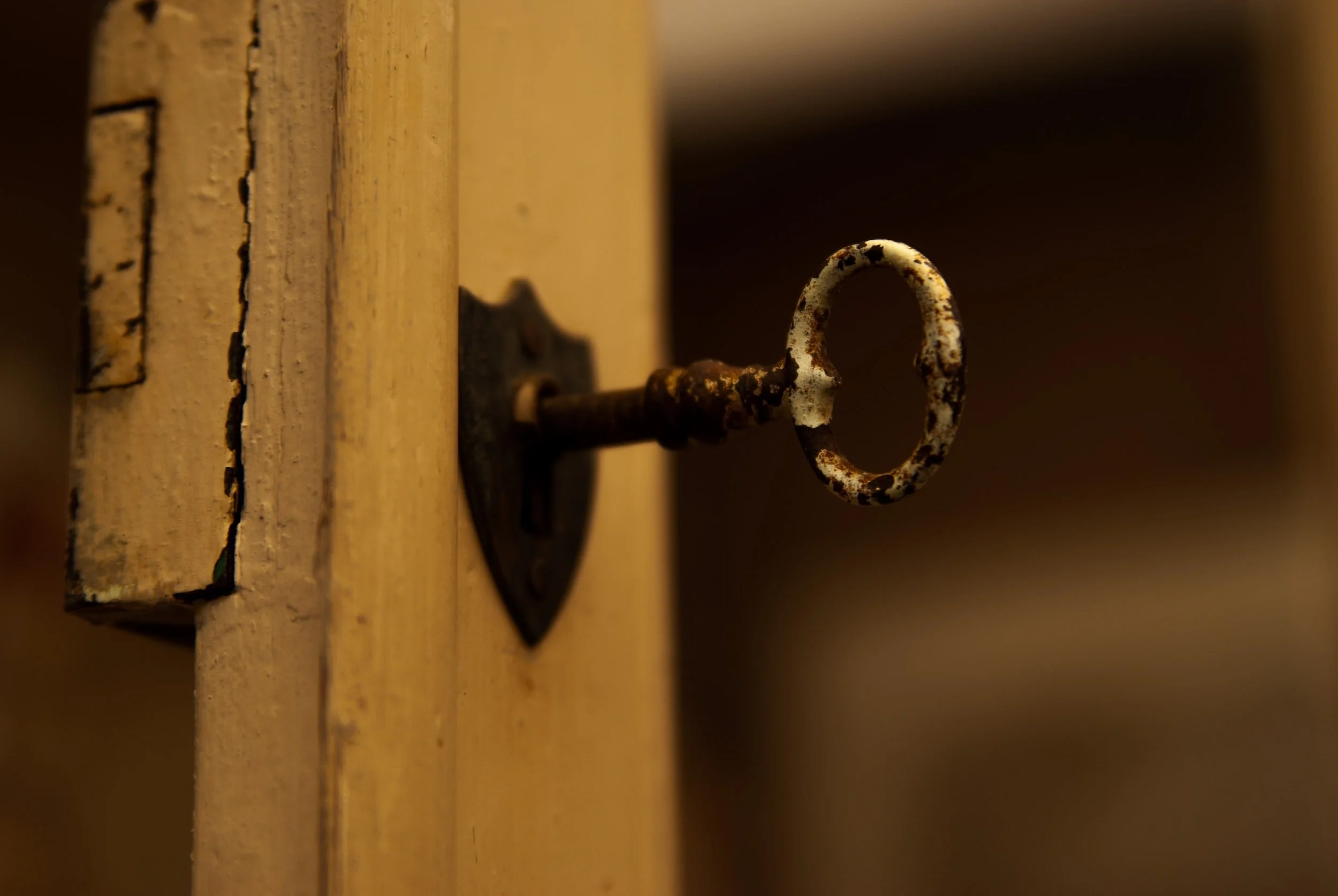A Good Guy
Finn arrives in what is unmistakably his truck, a Toyota pickup smothered in bumper stickers: “Keep Your Laws Off My Body!” “Who Would Jesus Bomb?” “No Coal Exports!” A plastic Buddha rides on the hood, a compass of sorts to guide Finn through hazy adventures. He steps onto the driveway wearing a faded Grateful Dead t-shirt and flashes me a peace sign when I greet him. Sporting a graying ZZ Top beard, Finn lugs a conga drum and a six-pack into the house. This is my boyfriend Ray's best friend, a man he's known since volunteering with Finn on the suicide prevention hotline two decades earlier. They had young kids back then and would get together for barbecues and birthday parties. Or they'd talk politics over pints in a pub, or play music together while floating on a ganja cloud, two mellow friends, way more hippie than hip.
Finn's with us this particular evening to unveil the prototype for his new invention, a board game he calls “Feds and Heads.” Marijuana was illegal in Oregon at the time, and the good guys are growers and dealers, the bad guys federal agents who pursue them around colorful cardboard squares on the kitchen table. This leads to a discussion about the real life War on Drugs.
“When I was in the pen, one of my cellmates was a young guy doing a long sentence for possession of weed,” Finn says. “What a waste.”
I focus on Finn's Norwegian blue gaze.“You were in prison?” I ask. I've known him for five years and Ray never mentioned it.
Finn looks at Ray. “You didn't tell her?”
“I didn't,” Ray says.
“How long were you in prison?” I ask.
“Twelve years,” Finn says evenly.
“What happened?” I ask, assuming it was drug-related.
“I killed my girlfriend,” he says, piercing me with eyes that now appear icy.
Ray opens the fridge for another beer.
My breath comes quickly, my rattled heart races as if I'm in danger. I inhale, keep my voice calm.
“What happened?” I ask again, needing to know. Finn tells me he was on a hunting trip in central Oregon, with his buddies from the commune where he lived. His 20-year-old girlfriend stayed in the cabin with one of Finn's friends while the rest took off in search of deer, bringing flasks of whiskey to ward off the autumn chill. Finn imbibed quickly and found himself stumbling through the woods, not much good for hunting. Shotgun in tow he returned to the cabin, and discovered his girlfriend in bed with his stay-behind friend. He charged toward her, thrusting the gun in her face.
He tells me he thought the safety was on.
“I've spent my life making up for it, helping others,” Finn says, referring to his career in social work, his activism. I hear his words but can’t absorb them. I can only see a woman I’d never meet, wide-eyed and naked at the end of a long metal barrel.
“I’m calling it a night,” I say, and drift out of the kitchen, shutting the bedroom
door behind me. I sit on the floor, shaking, head between knees, arms around shins.
At some point Finn and Ray play music in the living room and I crawl into bed, like any normal night. A book's in my lap but I'm not reading, my mind a jumble of pre- and post-revelation Finns, my breath still shallow. I think of how his adult children adore him, of his generosity, his constant offerings of booze and pot and homemade bath salts. I think of a beloved work colleague, murdered by her ex-husband; of my dad's father, a man who wrote poetry and broke my grandmother’s arm, of countless news items where an enraged man annhilates a wife or girlfriend he claims to have loved. And I think of the woman in the cabin again, of the terror she felt in those final moments of her abbreviated life.
After Finn leaves Ray slips into our bedroom.
“Why didn't you tell me?” I ask.
Ray lies down next to me, taking in my confusion. “Finn made a terrible mistake thirty years ago, but I've only known him to be a good person,” he says softly. “What would be the point of telling you?”
I pull the covers up tight. I don't have an answer for him.
-Tess Kelly
Tess Kelly's work has been published in Ruminate, Dorothy Parker's Ashes, and Five Minutes. She is the first prize winner of the 2020 Women's National Book Association awards, in the category of flash prose. She lives and writes in Portland, Oregon.



















